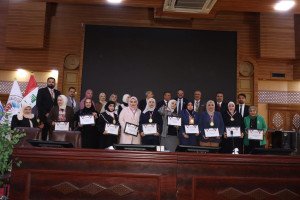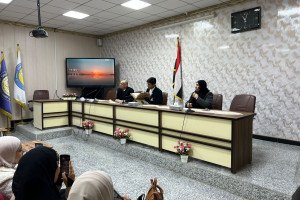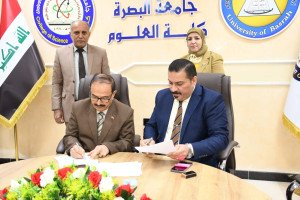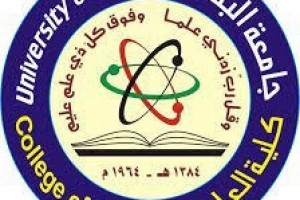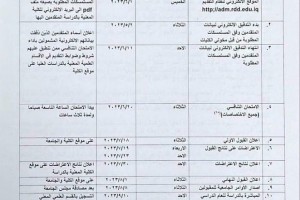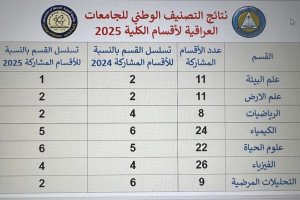
The College of Science at the University of Basra organized a scientific lecture on the topic of environmental destruction during times of war, titled "From Conflict to Pollution." The lecture, presented by Dr. Afaq Mahdi Jaber, highlighted that wars are among the most destructive human activities for the environment, causing significant harm to ecosystems and all their components, both living and non-living. This results in environmental degradation and the loss of many natural characteristics of the environment.
The lecture discussed the impact of wars on air, water, and soil pollution, as well as the significant loss of biodiversity due to the destruction of both animal and plant life. This has long-term negative effects on the environment, persisting even after the conflict has ended. The lecture aimed to shed light on an often overlooked aspect of war: the silent cry of the environment.
The lecture made several recommendations, including the need to raise environmental awareness during armed conflicts, the implementation of international laws to protect the environment during wars, and the rehabilitation of damaged areas. This can be achieved by allocating budgets to support the restoration of lands affected by war-related pollution, such as demining and cleaning contaminated soils and waters. It also stressed the importance of establishing specialized environmental monitoring units to assess environmental damage during conflicts and issue reports on pollution and ecological harm in affected regions.
Additionally, the lecture encouraged international cooperation to address environmental damage, supported scientific research, promoted academic projects, and warned against the use of hazardous and polluting weapons, such as nuclear weapons.


